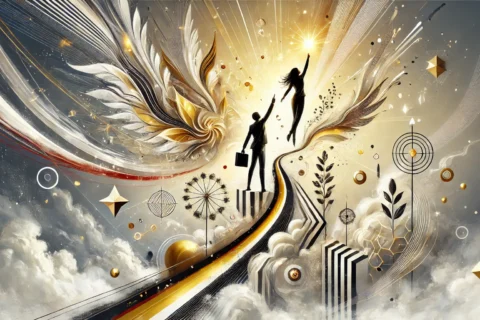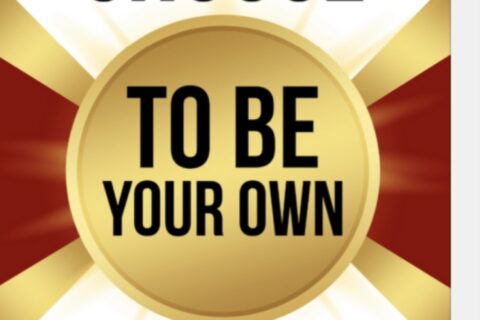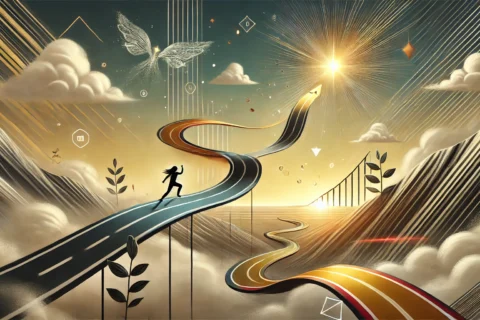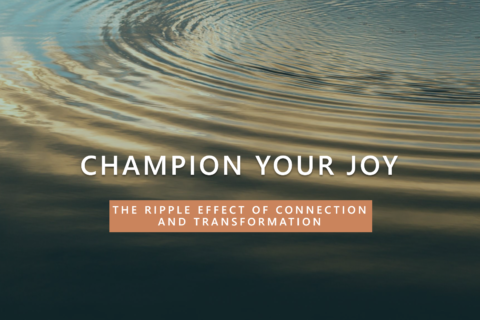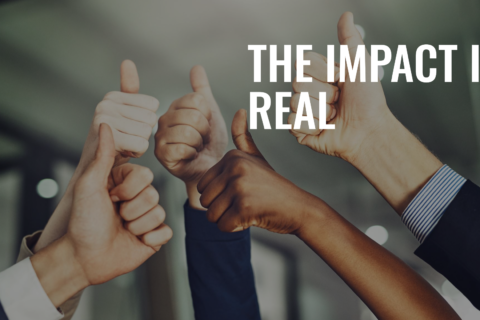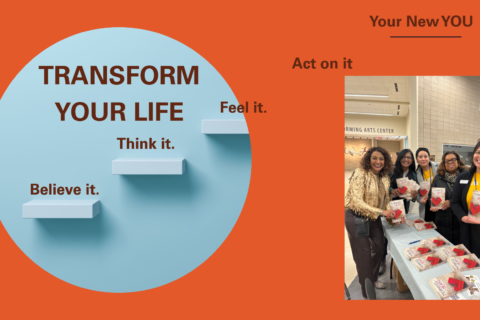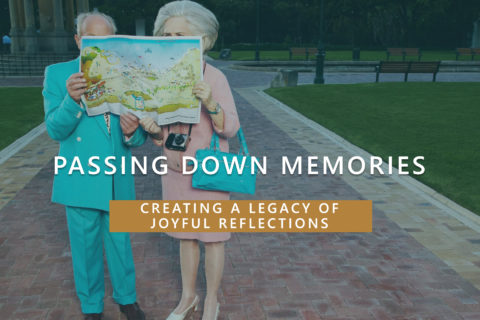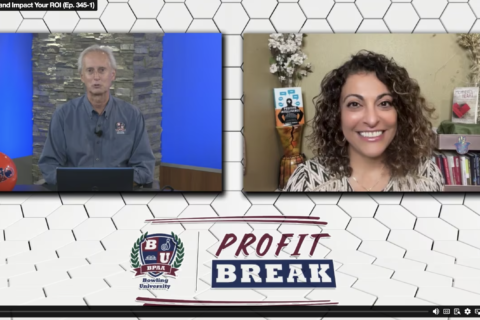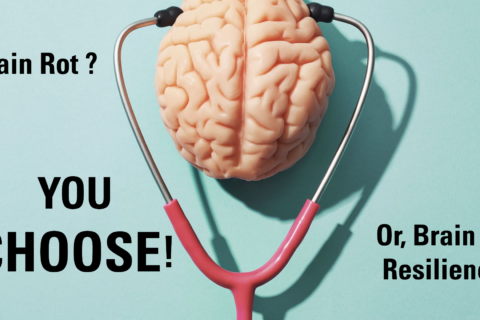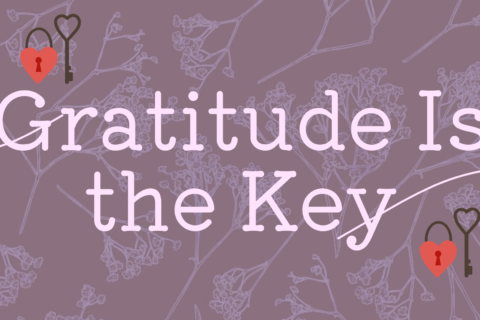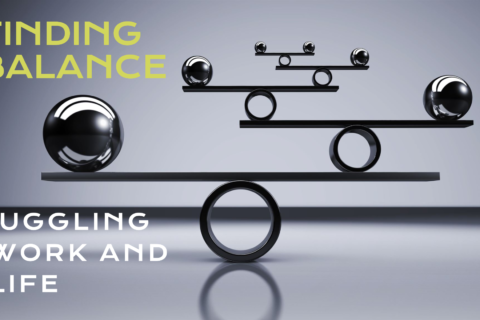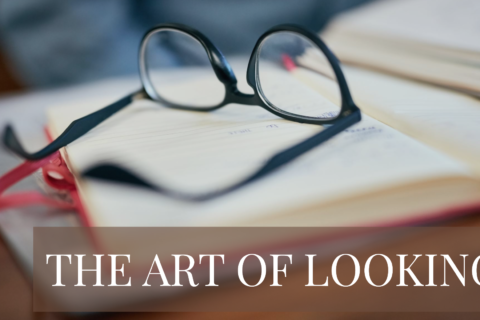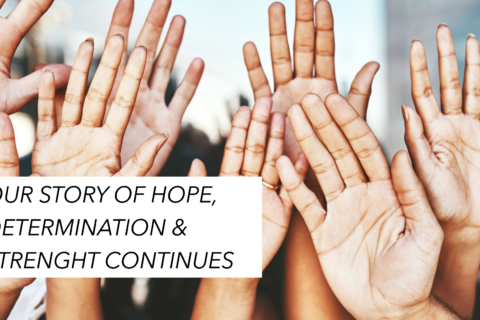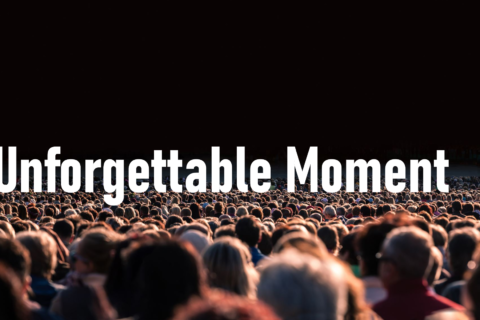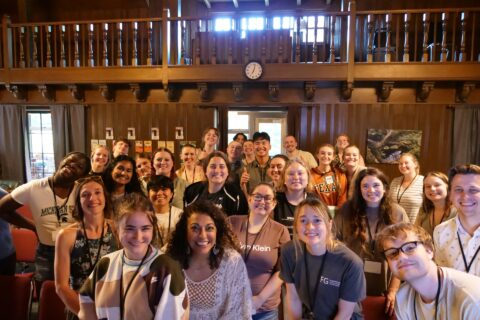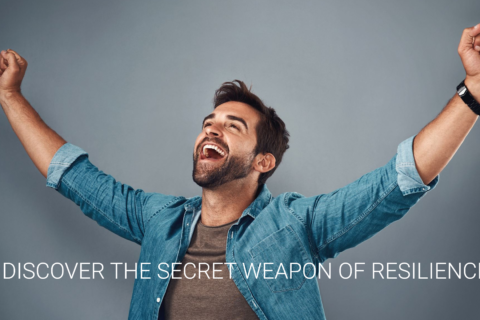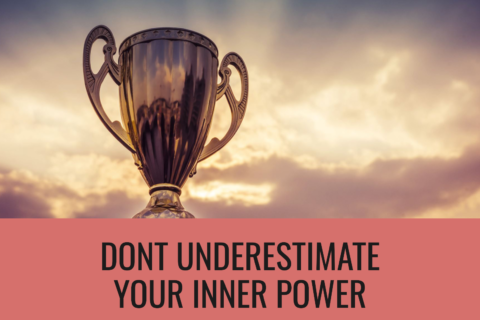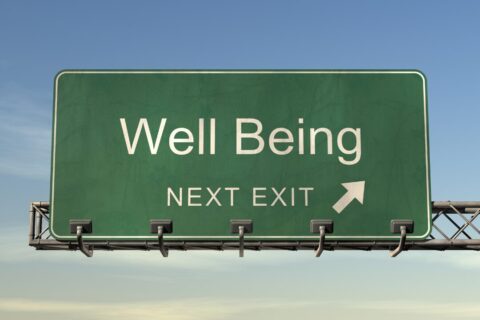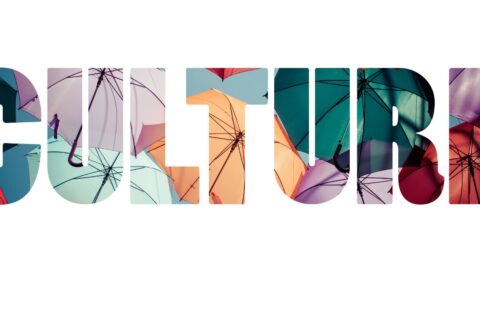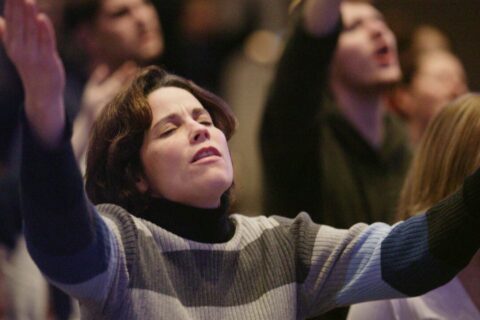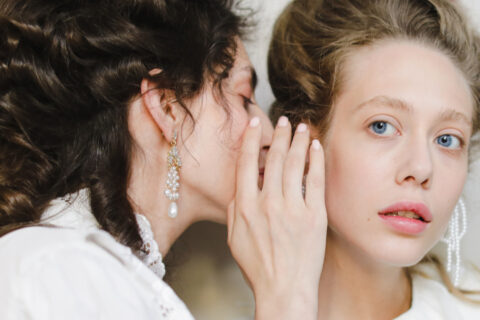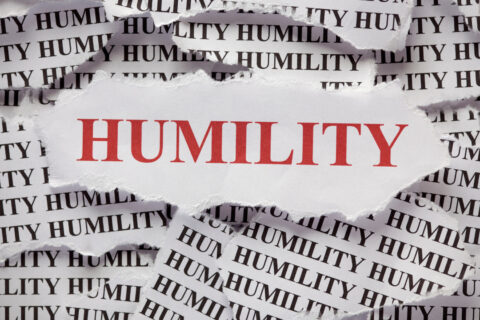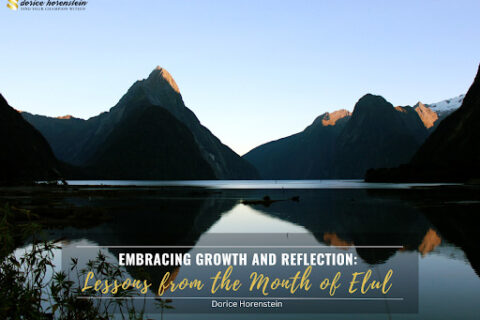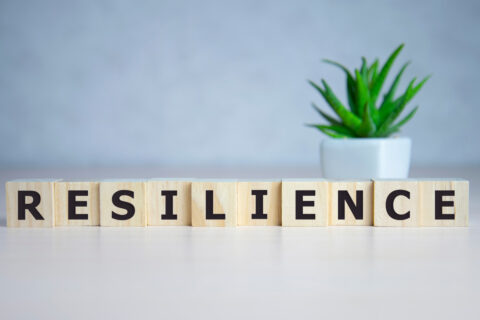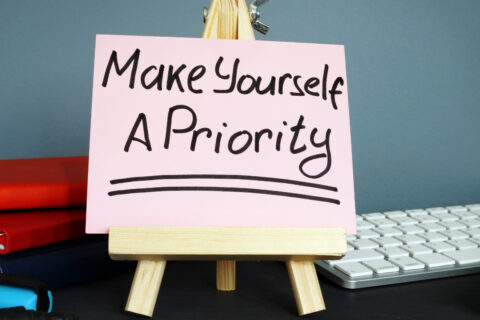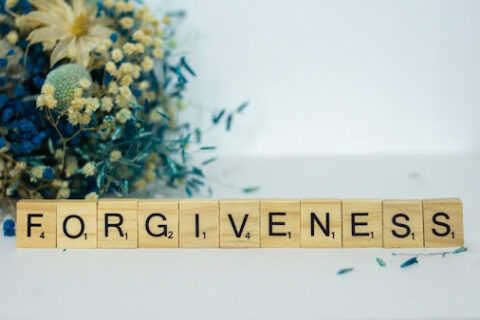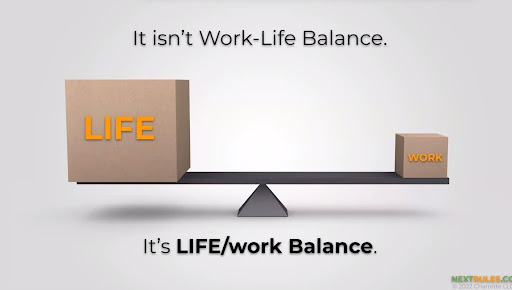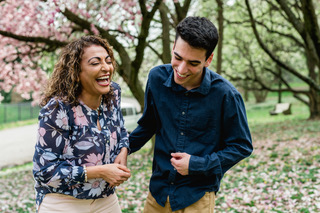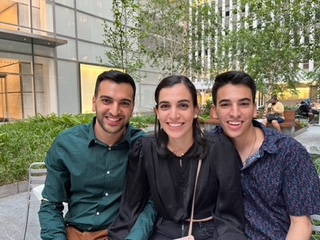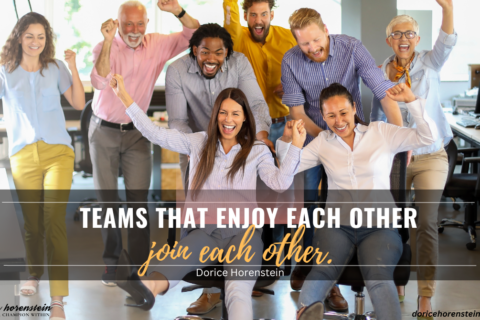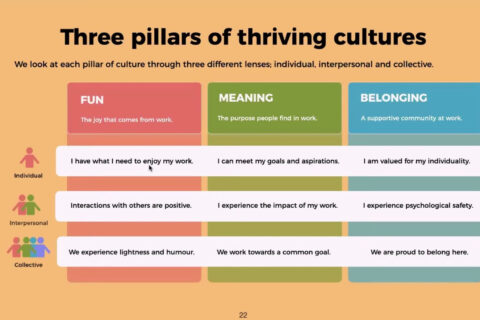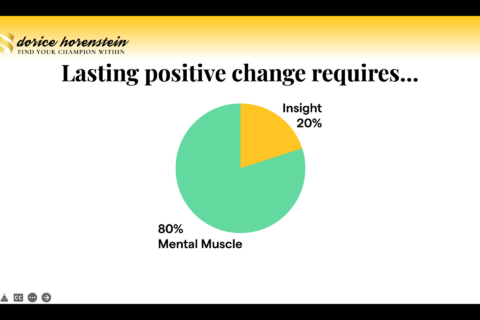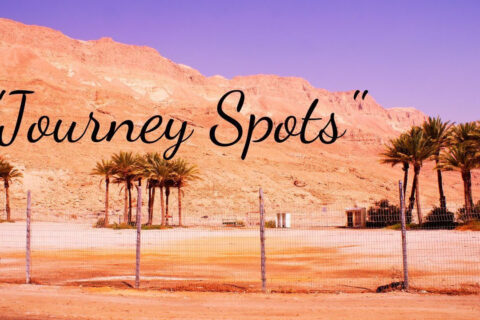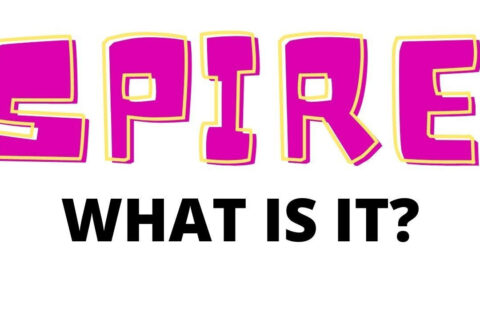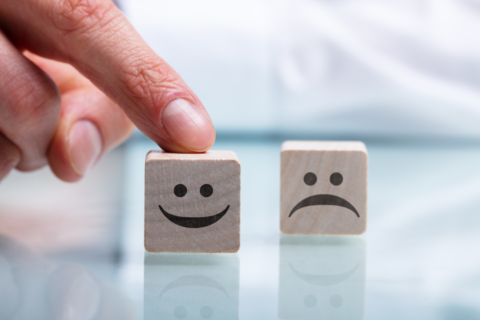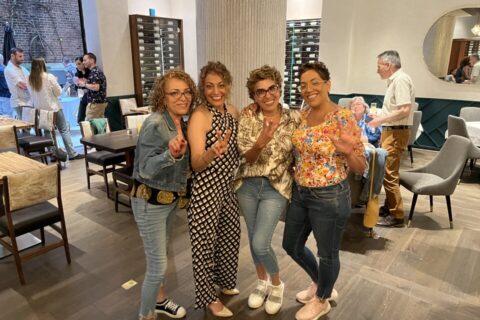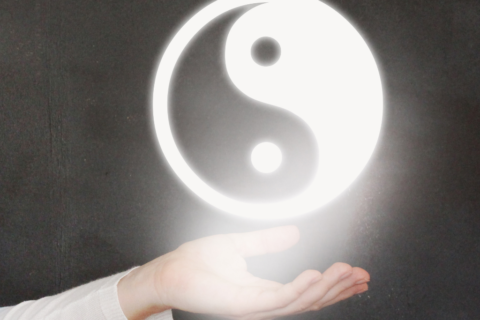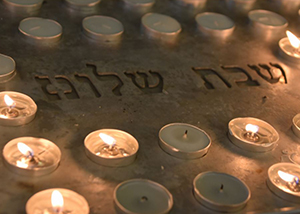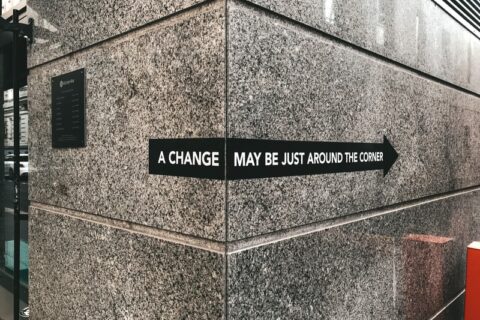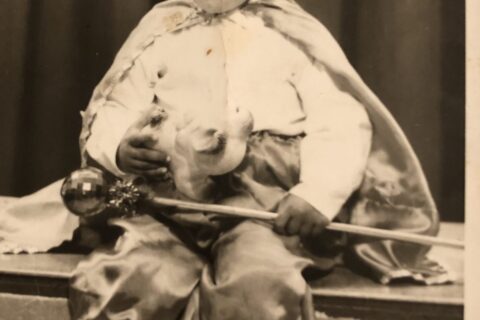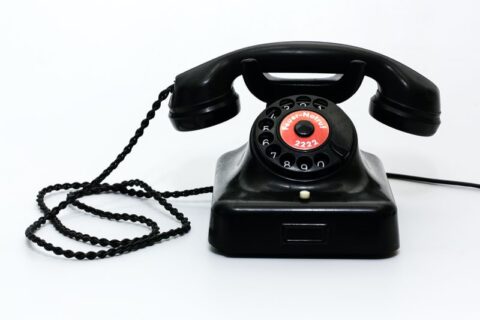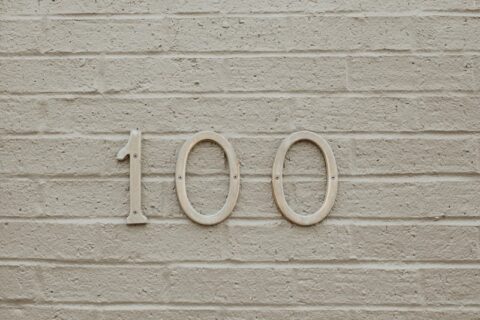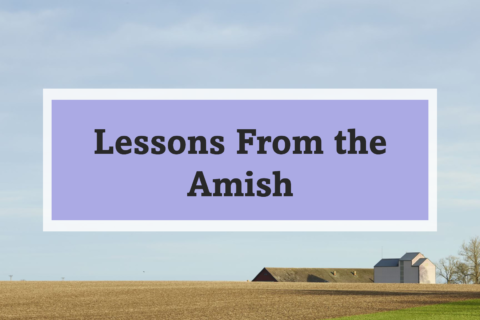
How would you live the rest of your life if you knew that?
What changes would you make? Would you choose differently? Would you act differently?
In this week’s Biblical portion, Jews read in synagogues these questions are my focus.
A little detail before we dive in:
Moses is describing the sabbatical year and the jubilee year. He is telling the people that on the sabbatical year, every 7 years the land is given a complete rest. The Israelites are asked to not work the field, prune their vineyard, or sow their fields.
The Jubilee year, every 50 years, marks the return of any properties to their original owner, and liberty is granted.
We can talk a lot about this concept, but I want to focus on one aspect that I find fascinating.
We, humans, work hard to get where we want in life, to own the properties we purchase.
According to the Bible every seven years and then, every 50 years, there is a law that requires us to return what we accumulated to its original owner. Slaves become free; homes returned to the original owner.
It made me think, Is there anything at all that is actually ours?
According to Judaism, even our bodies are not ours.
“From dust, you are formed and to dust you shall return.” At the end of our life, we are put in the ground.
So what is really ours? When I asked my husband that he said, “Maybe our souls are ours?”
I was sad to tell him that even our souls are not ours. According to a post-biblical story(in Hebrew we call it Midrash), our soul is placed next to God’s throne. When God created humans, he told his souls to go and enter the human bodies, and the souls were not very excited about it. So God promised them this– when the human dies the soul will return to its place by God’s side.
…..
So even our souls don’t belong to us.
So what does belong to us?
I spoke about it on Monday and someone said, “Perhaps our feelings belong to us?”
I question that notion because our feelings never stay the same. Sometimes our feelings “evaporate” with time. What we feel today we may not feel tomorrow. Sometimes can be a good thing!
A person who is sad one day can be less sad or even happy sometime in the future.
A person’s intensity of feelings and emotions changes. Time heals, the known statement advocates.
That also leads me to the conclusion that also feelings are not truly ours either because they are temporary.
So if property and what we own are not ours, our souls are not ours, our feelings are not ours…
What is truly ours?
There’s only one thing that is truly ours, and it belongs to us no matter what.
And that is what we leave behind.
Our deeds.
What we do.
The legacy that is being told about us.
It starts while we’re living and continues after well when we’re gone.
So what do you want your legacy to be?
A little bit of Hebrew magic for you: The word tradition, masoret In Hebrew, comes from the word to hand over. The word ancient in Hebrew, kadum comes from the word kadima which means to go forward.
How do I make sense of it? We take that piece which is part of our tradition, and we pass it forward. We take our past, what is ancient to us and we go forward.
So if I were to ask you, what are the three most important deeds you know will pass forward long after you are gone, what would they be?
Until next time-
Be Yourself, be positive, be the champion you want to see.
Dorice

